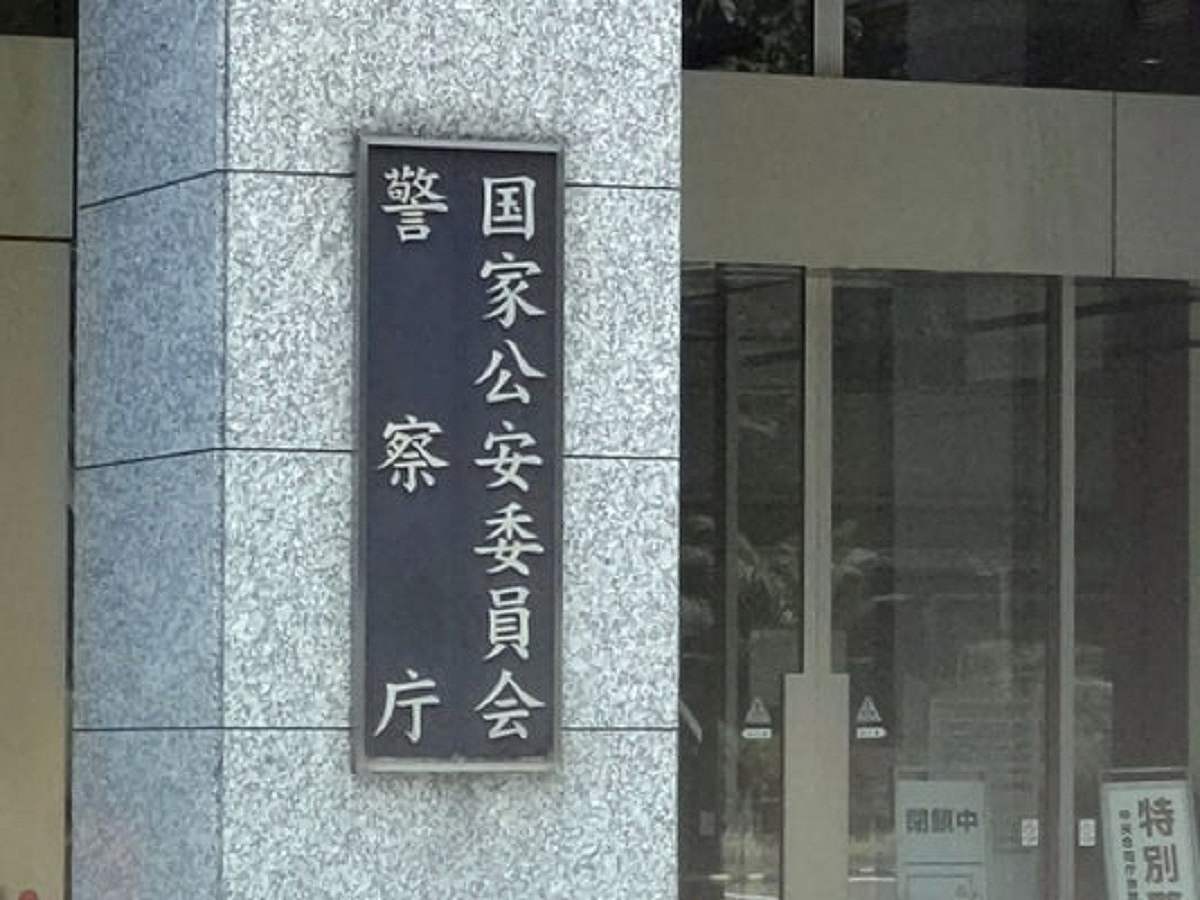Gambling
‘More harm than good’ in Thailand’s online gambling push

Critics have urged the government to carefully weigh the risks and benefits of a proposal to legalise and regulate online gambling, warning it could cause more harm than good to the country.
Last Monday, Deputy Prime Minister Prasert Jantararuangtong announced the government would initiate discussions on the push to legalise online gambling.
As multiple legal amendments would be required to make online gambling legal, he called on officials from the ministries involved to coordinate their discussions and efforts.
Mr Prasert, who also serves as the Digital Economy and Society (DES) Minister, said a study on the proposal is expected to be completed in the next couple of months.
The move follows comments by former prime minister Thaksin Shinawatra in Chiang Rai last Sunday, where he suggested regulating online gambling could benefit both the economy and society, rather than allowing it to operate underground.
Thaksin said that more than 2.5 to 4 million people engage in online gambling daily in the country.
He proposed regulating online gambling similarly to the legal lottery, with clear rules, taxes, and an age limit of 20 years or older. He added that individuals addicted to online gambling could be referred for medical treatment.
Mr Prasert acknowledged that online gambling has been associated with numerous social problems, including criminal activities involving youth.
He also noted that online gambling is indirectly linked to the rise of “mules” opening proxy bank accounts and enabling scams.
However, he said online gambling platforms handle substantial financial transactions daily, which, if taxed appropriately, “could benefit the economy”.

Prasert: Linked to rise of scams
When asked about Thaksin’s proposal to restrict access to online gambling for those under 20, Mr Prasert said this issue had not yet been discussed.
Interior Minister Anutin Charnvirakul said that the Interior Ministry and the DES Ministry have been discussing the possibility of legalising online gambling for several months.
“The main focus of these discussions is that we have no objection to online gambling if tax revenue can be collected and measures are in place to prevent money laundering,” said Mr Anutin, who is also a deputy prime minister.
He added the Provincial Administration Department is amending the Gambling Act to regulate all forms of gambling.
Under the revised law, the Interior Ministry and the DES Ministry will collaborate to oversee both online and offline gambling.

Nualnoi: Online gambling addictive
More harm than good
Nualnoi Treerat, an academic at Chulalongkorn University’s Faculty of Economics, told the Bangkok Post the negative social impacts of online gambling far outweigh the economic benefits it may bring.
“In some countries, casinos are legal, but online gambling remains illegal. In others, although online gambling has been legalised, illegal online gambling activities persist and continue to thrive,” she said.
“Online gambling is easily accessible. People with an internet connection can gamble online anywhere and at any time.
“The speed and frequency of access to gambling sites significantly increase the risk of addiction,” Ms Nualnoi said.
She also said many gamblers tend to “chase losses” by increasing their bets in an attempt to recoup previous losses.
“Online gambling is highly addictive,” she said. “If online gambling is legalised in Thailand, no one can guarantee that the government will address the illegal gambling activities that remain underground.”
Ms Nualnoi also urged the government to crack down on call centre scam gangs and those opening proxy bank accounts, as these are often linked to money laundering through online gambling sites.
She expressed scepticism about the government’s ability to prevent minors from accessing online gambling platforms.
“Will the authorities make a serious effort to address this issue?” she asked. “Legalising online gambling may help boost tax revenue, but is it worth it if it leads to widespread social problems?”
Citing information from the World Health Organization, she said gambling addiction shares similarities with drug addiction, making treatment for gambling addiction particularly challenging.
She said the country’s public health system is already overstretched, with staff burdened by the care of patients suffering from various illnesses.
“It is easier said than done,” she said, referring to Thaksin’s suggestion that those addicted to online gambling could be sent for medical treatment.

Thanakorn: Social impacts a concern
Social impacts
Thanakorn Komkris, secretary-general of the Stop Gambling Foundation, voiced concern over the negative impacts of legalised online gambling.
“Online gambling attracts a large number of gamblers who can play 24 hours a day. But when the fun stops, adverse consequences may follow.
“Thaksin only highlighted the hundreds of billions of baht in revenue the government could gain, but he failed to address the social impacts of legalising online gambling,” Mr Thanakorn said.
While legalising online gambling may bring economic benefits, it is likely to come with social costs.
These include lost productivity and unemployment, expenses related to the criminal justice system, increased court caseloads, and higher healthcare spending.
Mr Thanakorn expressed doubt about Thailand’s ability to implement effective measures to mitigate the social impacts of online gambling.
“Legalising online gambling will only attract more newcomers to the world of gambling,” he warned.

Supisarn: Banks must do more
Illegal gambling still thrives
Moreover, legalised online gambling is unlikely to curb the illegal online gambling activities that remain unregulated, Mr Thanakorn said.
“Many operators of illegal online gambling feel comfortable operating underground.
“They only pay kickbacks to authorities to continue engaging in other illegal activities. They don’t want to pay taxes or be controlled by the law,” he said.
“As long as the government cannot tackle illegal online gambling operators who remain underground, those who comply with regulations on legalised online gambling will feel disadvantaged.
“The government must crack down on underground operators to ensure fairness,” he added.
Pol Lt Col Krisanaphong Poothakool, an associate professor in criminology and vice president at Rangsit University, said the social impacts of online gambling are immeasurable, citing issues such as family problems, suicide, debt, theft, and crime.
“Can those proposing this policy come up with measures to address these issues and compensate for the losses?” he asked.
Pol Lt Col Krisanaphong also expressed doubts about the government’s ability to enforce a minimum age limit of 20, as suggested by Thaksin.
“Age restrictions still cannot be enforced at entertainment venues, let alone on online gambling sites,” he noted.
“If this policy of legalising online gambling is implemented and adverse consequences arise, the policymakers must be held accountable and punished under the law,” he said.
Pol Maj Gen Supisarn Bhakdinarinath, a deputy leader of the People’s Party, told the Bangkok Post that online gambling platforms are often used by criminals to launder money.
“Law enforcement agencies in Thailand are struggling to keep up with these cybercriminals. Advanced knowledge and skills in digital forensics and investigations are crucial to preventing cybercrime,” he said.
Pol Maj Gen Supisarn also urged financial institutions and banks to do more to monitor and prevent the use of proxy bank accounts by criminals for money laundering.
If online gambling is to be decriminalised, the government must ensure that the money placed in gambling does not originate from illegal sources, he said.
Revenue collected from online gambling should be allocated to improving the efficiency of law enforcement agencies in preventing and investigating digital crimes, Pol Maj Gen Supisarn suggested.









